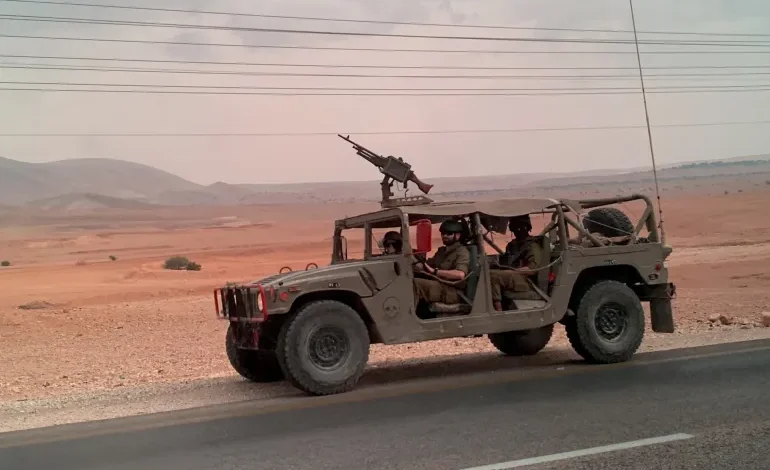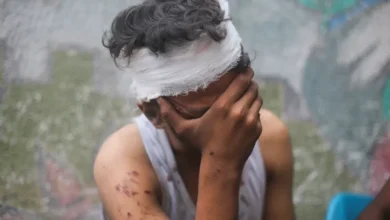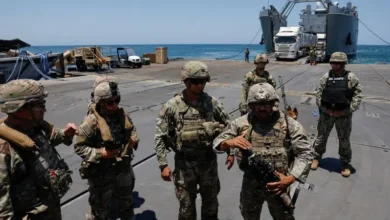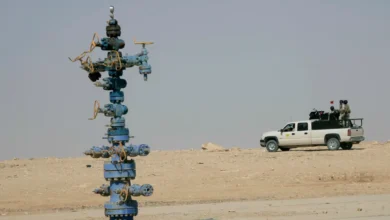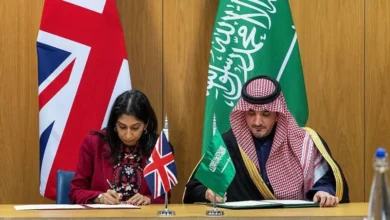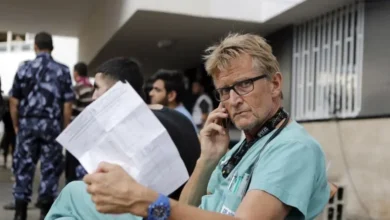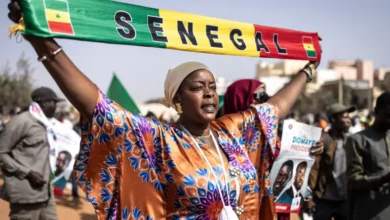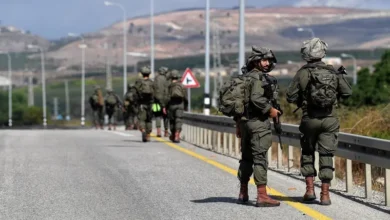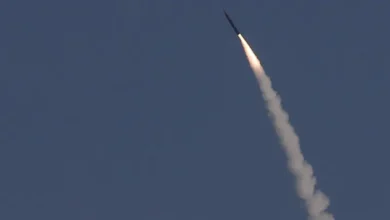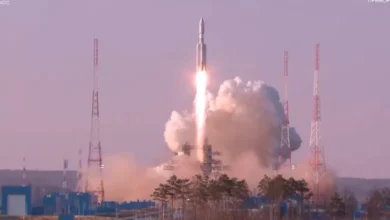As Kadri was protesting to Shai Eigner, a local settler who is a land inspector for the Jordan Valley Regional Council, a border patrol officer arrived, who shortly thereafter punched him in the face, making him bleed, and threw him to the ground.Spooked by the violence, Luay and Basel ran back to the car. Shouting at Kadri’s sons to stop, the border patrol officer began to shoot at the car.
The Israeli officers arrested Luay and Basel and took them to the police station. Later, they were transferred to Ofer prison and then, a week later, to another prison. Basel was released after a week and a half, while Luay was released on bail after more than two weeks, accused by the border patrol officer of trying to run him over.
Jaser and Rihab, who had brought the cattle, were taken to a remote area the night of January 7 by Israeli security personnel – and left there to fend for themselves.
Kadri has been left with almost none of his cattle, his livelihood, and facing a 120,000-shekel ($31,600) bill he must somehow pay to retrieve the 60 cows the local settlement council is holding. The tab increases by 50 shekels per cow per day.
Attacks and harassment from settlers and soldiers were happening before October 7, the day the Hamas attacks on Israel took place. But, Kadri says, this incident was the first time it was premeditated and coordinated. “This was the first time the settlers, the police and the army came together, like this, to make one fist,” he said.
Facing insurmountable debt that only grows, Kadri and his family are beginning to see the writing on the wall: with increasing confiscations, restrictions, and now arrests and extraordinary fines, their way of life may no longer be feasible.
Now, two of Kadri’s brothers are selling their cattle to an intermediary who will sell them to none other than Uri Cohen. A third brother is likely to follow suit.
“The situation is very bad,” said a distraught Kadri. “No human rights, no justice. We want peace. We have no hate for anyone – Jewish, Christian, Muslim, Israeli, American, whatever. We have children, we want to live. But they make it so there is no future for us.”
‘They are working together in a way they hadn’t before’
The abyss confronting Kadri’s family also confronts most Palestinian shepherds across the Jordan Valley and much of Area C, a part of the West Bank that is under full Israeli military control. Many others in the area describe similar confiscations, detentions and restrictions by Israeli forces recently, often in conjunction with or carried out by settlers.
Another incident similar to Kadri’s occurred two weeks later, in which Palestinian shepherds Shehda Dais and Ayed Dais in al-Jiftlik had their sheep taken by security personnel and were forced to pay 150,000 shekels to prevent their confiscation. The settlement council allegedly threatened the shepherds and six families from the community that they would be forced to pay 1 million shekels ($271,260) if they attempted to bring their flocks out grazing.
For decades, the Palestinians of the Jordan Valley, which number approximately 65,000 according to rights group B’Tselem, have faced severe restrictions in access to critical resources such as water, 85 percent of which goes to settlers, though they number approximately 11,000 – a sixth of the Palestinian population – in the area. They are prohibited from collecting rainwater or accessing any water on their land. Kadri and his sons live along a spring that has been fenced off solely for settlers’ use.
While all settlements are illegal under international law, the Jordan Valley at least had settlers who were relatively less violent in the past, and Kadri describes amicable relations with settlers once upon a time.
But then the first Israeli settler outpost – illegal even under Israeli law, though in practice largely permitted by Israel and buttressed by its security forces – came in 2016, and attacks and harassment of shepherds have escalated since.
Ahmed Daraghmeh, 33, of Farsiya, said his hand was broken by settlers just weeks before October 7, incapacitating him for two months.
When the war started, violence erupted in the Jordan Valley and, as elsewhere in Area C, Palestinians reported attacks rising dramatically, with settlers invading their homes at night, threatening them to leave.
In the aftermath of the first spate of settler violence in the early weeks of the war, the United States exerted pressure on Israel, which subsequently took a few violent settlers into administrative detention. Though the violence has subsided somewhat, an emerging pattern in recent weeks suggests that legal procedures are being used more aggressively by Israeli forces and settlers – many of whom, through regional defence units, have been deputised to be the regional security force and now wear military uniform and carry assault rifles.
Yousef Bsharat, 47, is a shepherd from Makhoul. He, his wife and their 10 children tend to their hundreds of sheep, goats and chickens kept around their home.
On October 7, settlers attacked Yousef’s teenage son and their flock of sheep with stones and dogs; 23 sheep went missing. “But back then, the army helped to tell the settlers to go away,” said Yousef.
In the following weeks, home invasions began. A neighbour’s home was invaded at gunpoint, he recalled. “They came in with their guns and said: ‘You’re not allowed to be here any more,’” said Yousef.
Security forces came and arrested the Palestinian shepherds, who subsequently left for good.
“From that day, they’ve treated people here as if they are animals,” said Yousef. “But this is our land. I refuse to leave.”
